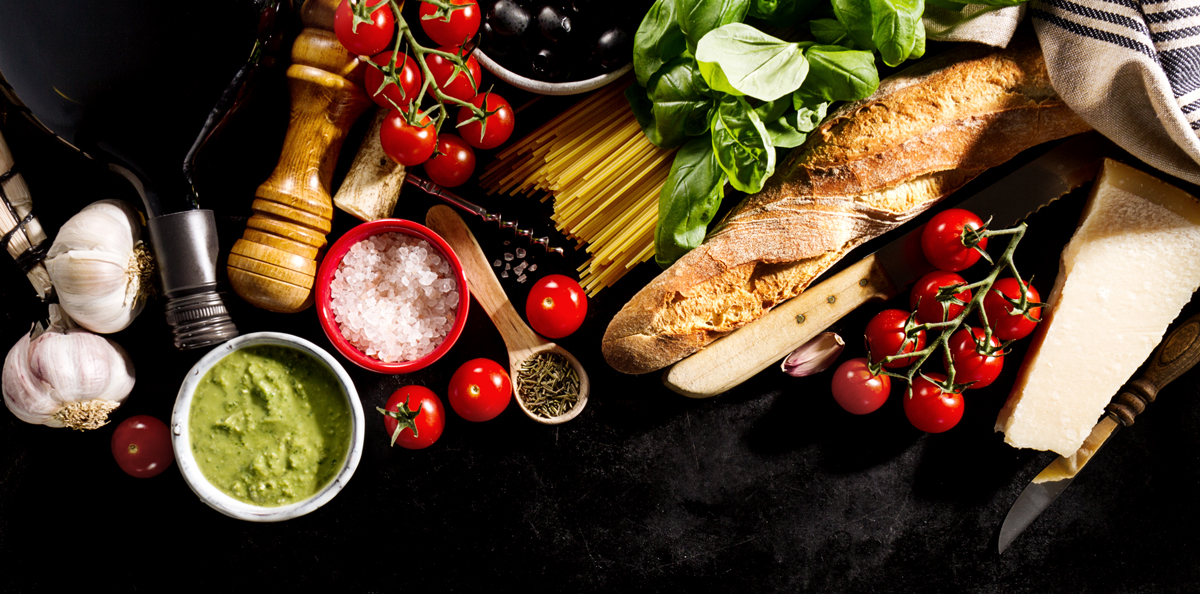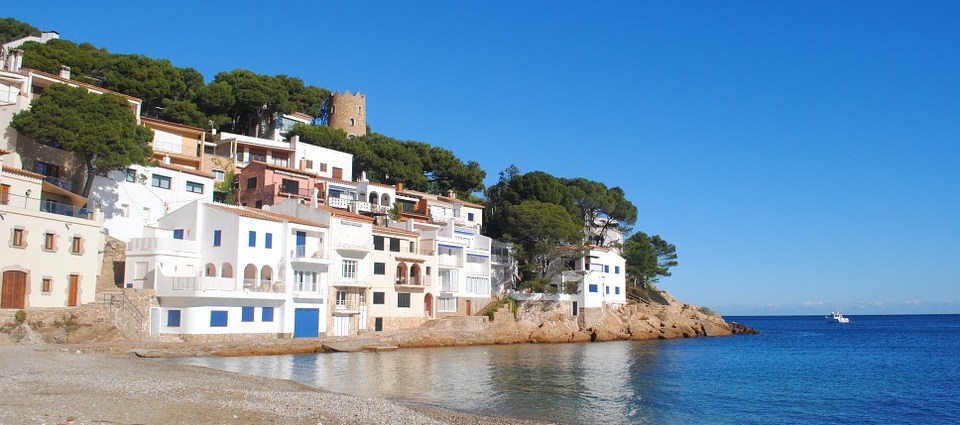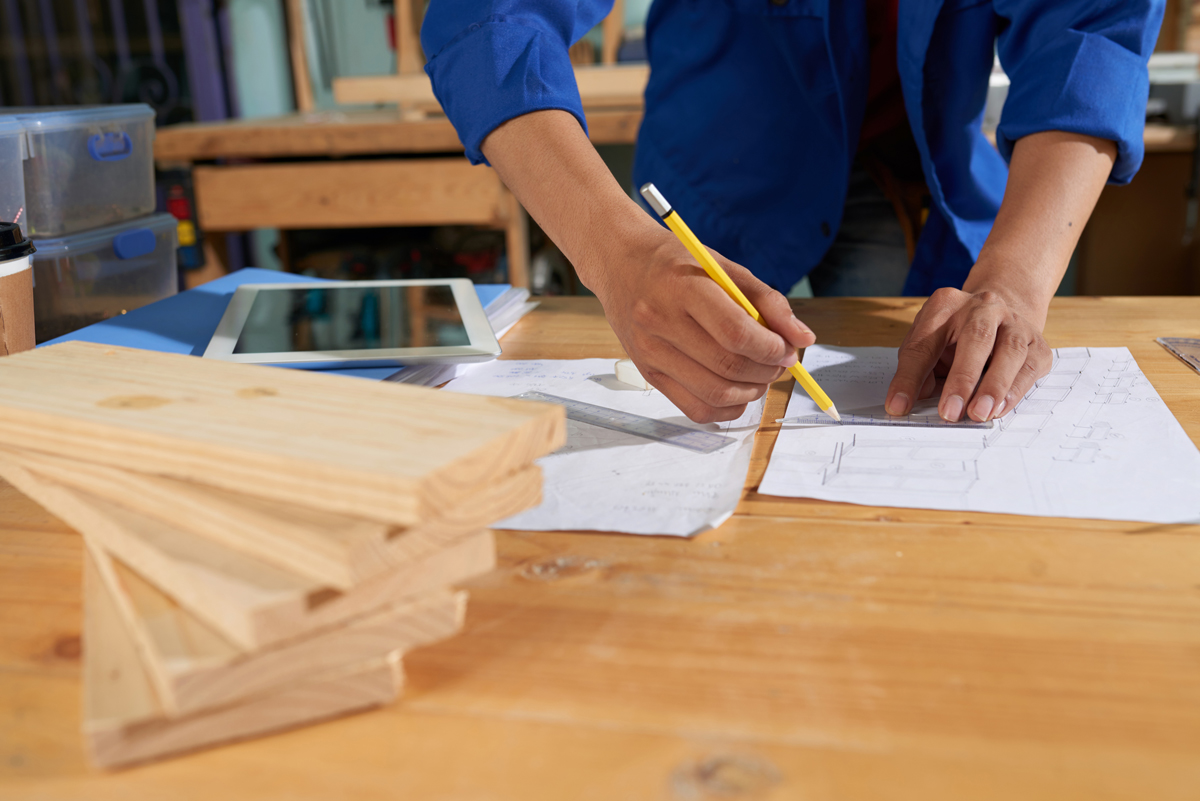


La lentitud tiene una mala reputación gracias al desgastado “time is money”. ¿Qué beneficio hay en hacer las cosas con calma?
SLOW FOOD: Eating with all senses

In 1986, a McDonalds restaurant was opened just beside the famous Piazza di Spagna steps, in Rome. This generated a spontaneous demonstration which included, among other reactions, the organisation of a banquet. This was a protest against fast and industrial food, and exalting home-made, calm and local food.
After some time, this event gave way to the creation of an association that promoted the pleasure of eating slowly, using natural products, local recipes, and enjoying the moment, without any rush.
That's how the "Slow Food" movement began, which, opposite to Fast Food, pursued the elimination of a "constant overactivity", and turning back to a slow life rythm.
After more than 30 years, this movement has expanded through the world, and it has turned into an active association which is present in more than 160 countries.
Within its philosophy, it's directly opposed to the "standarization of taste and culture, and to the unlimited power of food industry multinationals, and industrial agriculture".
This movement promotes three principals for food, which should be: "good, clean and fair".
SLOW CITIES: Cities for "good living"

An initiative was generated in 1999, which planned to take "good living" and every-day tranquility to cities, as well. So "Cittaslow" or "Slow City" appeared: an international network of cities to improve life quality of human beings.
Cities of less than 500,000 inhabitants, where people are "protagonists of a peaceful and healty succession of the seasons of the year". They try to be places which respect people's health; places where authenticity of gastronomic and artisan products is the most important thing. They pursue the preservation of landscapes, architecture and traditions.
Today this network has 272 cities belonging to 30 countries. By the way, in Spain there are 9 "slow cities": Balmaseda (Vizcaya), Begues (Barcelona), Begur (Girona), Bubión (Granada), Lekeito (Vizcaya), Mungia (Vizcaya), Pals (Girona), Rubielos de la Mora (Teruel) y Villa de La Orotava (Tenerife).
SLOW DESIGN: Design with soul

One of the first authors to associate slow speed with the word design was Alastair Fuad Luke, in 2003. In his "Manifesto" he persues, among other things, the following:
Designing this way will generate only useful, long-lasting (opposing to programmed obsolescence) and environmentally-commited products.
If we speak about products, we would go into concepts which seem to be in fashion nowadays, like "Km0", "environmentally friendly", "cruelty free", "reciclable", "artisan", "biodegradable", "without preservatives", "modular", and a long etcetera.
The word "slow" has a very bad reputation in the capitalist system, due to the old "time is money".
But today we know that doing things calmly (with care) is not a synonym of doing them slower. It means thinking about processes which favour all the implicated agents: providers, producers, designers, marketers, clients, users, and of course, the environment.
In Smart Room Barcelona we believe in project personalization, in a careful review of processes, in giving value to the works of all the involved. We reject the philosophy of making things "cheap and for yesterday", because we know that good things take their time.
But, paraphrasing Raquel Pelta, (from Monografica.org), if we leave idealism aside and we seek only for the profitability of this movement, we just have to look at the amount of restaurants which are into the "slow food" business.
More info:
https://www.muyinteresante.es/salud/articulo/ique-es-la-slow-food-o-comida-lenta
https://wildwildweb.es/es/blog/slow-design-principales-caracteristicas
http://www.monografica.org/01/Artículo/995